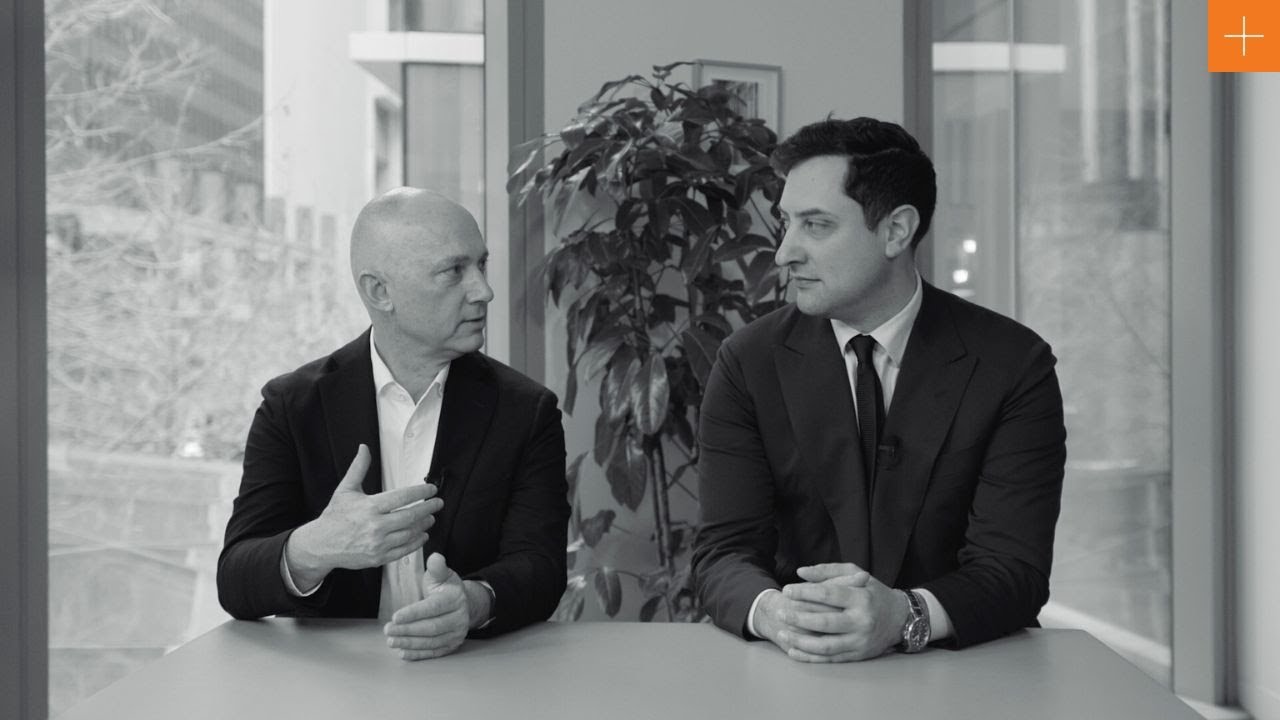The “more for less” challenge confronts every director and general counsel responsible for managing litigation. “More for less” is about value – how do I get better value for my litigation spend? However, you can’t achieve better value without an objective sense of what value looks like – how do I know when I am getting value for my litigation spend?
Let’s properly define value
The problem is we use crude proxies for value that disguise rather than illuminate questions of value. We tend to resort to two poor proxies for value: result and price.
The result (by result, I mean whether you win or lose at trial) is a poor predictor of value for at least two reasons.
First, the biggest predictor of the outcome of litigation is the facts and the legal consequences of those facts. Not even the most effective lawyer will achieve a result that is at complete odds with the facts. This is not to say that lawyers do not play a critical role in achieving a particular result, it’s just to acknowledge that no lawyer can control the outcome. There are always factors that will affect the outcome of a dispute beyond the control of even the most brilliant lawyer.
Second, you may achieve a successful result in a dispute but spend substantially more than was necessary to achieve that result. That can arise for a whole host of reasons – undertaking work that was not necessary, duplication or general inefficiency. As Finkelstein J said in Black and Decker v GMCA [2007] FCA 623 at [4]:
“a case that is reasonably well prepared is just as likely to be decided correctly as a perfectly prepared case”.
Price (based on time) is often used as the most basic measure of value. In my experience, price is one of the poorest indicators of value. Using price alone, how can you make any realistic assessment about whether you get better value out of the lawyer charging $500 per hour compared to the lawyer charging $800 per hour? The ostensibly cheaper lawyer may take twice as long to perform the same task as the more expensive lawyer. The more expensive lawyer may offer valuable insight and experience that the cheaper lawyer does not bring. The problem is, the reverse may hold true (and, indeed, I have seen it hold true on far too many occasions).
Therefore, price alone is a particularly poor indicator of value.
Obviously, result and price are not irrelevant, they are important, and they feed into the question of value. The point is, alone, they are poor measures of value. Alone, they do not allow a client to determine whether they are getting good value for their litigation spend.
So how do you know if you are getting value for your litigation spend?
Your lawyer can’t provide value without a framework for focusing on and delivering value. Thus, the first step, is to ensure your lawyer has that framework. So, what would that framework look like?
In my view, it would have five basic elements.
1. An alignment of interests: delivering value must be predicated on some basic alignment of interests. For interests to align, a law firm’s performance (and remuneration) must be measured in ways that are consistent with a client’s expectations and interests. For example, if we assume responsiveness to be a key driver of client satisfaction, then a law firm should value responsiveness by measuring and rewarding its lawyers for being responsive. Further, it should be obvious that a pricing model that can reward unnecessary and inefficient work is obviously inconsistent with an alignment of interests. Finally, to deliver real value there should be an obvious relationship between the value of the objectives and probable outcomes to the price. One important way of measuring value is to ensure that the ultimate price is proportionate to the issues and amount in dispute.
2. Focus on outcomes: delivering value is ultimately about taking only the steps that are necessary to resolve a dispute. That requires a mindset and processes that allow each step to be purposively directed to resolution. The dispute resolution process should not feel like you are strapped into an interminable, archaic and expensive ride where the outcome is completely unpredictable. The litigation lawyer adds value by understanding a client’s objectives and agreeing to clearly defined and achievable outcomes. They then explain how each step in the process is helping to reach those outcomes and why that step should be favoured over other considered alternatives. The hardest and often the most important decision in litigation is not necessarily whether to start the process, but whether to continue. There is little value in being locked into a slavish adherence to process.
3. Your dispute, your objectives: value is about finding the most effective way to meet your realistic objectives. They must be your objectives; they must be realistic, and you need a lawyer who will be empathetic and responsive to your needs and concerns. To deliver value, a lawyer must therefore have an approach and clear processes to ensure that they listen to and understand your objectives, they help guide, test and engage with you on agreeing to realistic and achievable objectives, and they are responsive to your needs and concerns. At a minimum, there should be a clear (and reasonable) expectation about when your lawyer will respond to your questions or concerns, and you should measure performance by whether your lawyer meets that expectation. Equally, your lawyer should not be just reactive. There should be clear expectations about when and how you are informed about the progress of your dispute, and you should measure performance by whether your lawyer meets that expectation.
4. Effective execution: one cannot deliver value without a demonstrable framework and method for ensuring every task is directed at achieving the agreed objectives and is planned and executed in the most efficient and effective way. To deliver better value, your lawyer must have an ability to plan for and manage a litigation project in a way that prioritises outcomes and effectiveness. Your lawyer must have a proven method to apply project management principles and processes.
5. Objective advice: if your lawyer is just your cheerleader you will not be receiving value – you will fail to properly assess risk, you will incur costs unnecessarily and you will miss opportunities to negotiate timely, favourable outcomes. Resolving disputes effectively requires a thoughtful and realistic assessment of risk, an assessment that necessarily involves being able to be honest and critical about a client’s conduct and expectations. In litigation, that realistic assessment can only be delivered by a lawyer who maintains and values objectivity and sees independence and objectivity as being critical to serving a client’s best interests. Objectivity does not weaken an ability to forcefully advocate for a client, on the contrary, it makes that advocacy more powerful and persuasive.
Every client should be concerned with getting value from their litigation spend. To ensure you are getting value, you should first look to ensure your lawyer has a framework for focusing on value, secondly, have a series of objective measures to assess performance, and finally, a willingness to compare and change lawyers.
To discuss ways to develop your own organisational framework for measuring value, or just to learn how Aptum delivers value, contact us today.




